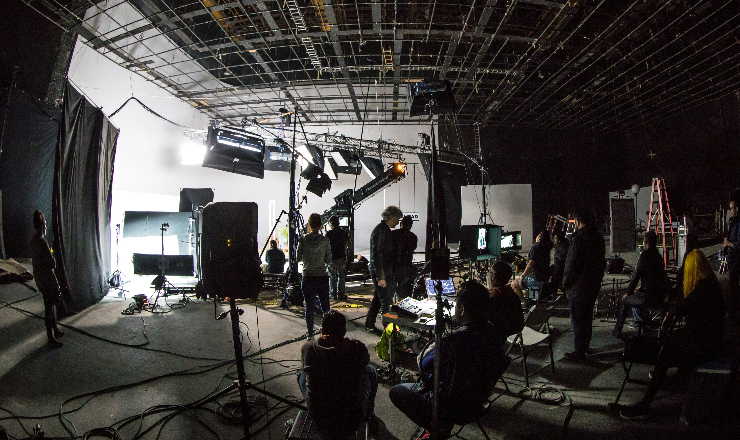Apprenticeship
Apprenticeship in Media & Film Production.
Program Overview
This 2-year apprenticeship combines on-set work experience with structured training, preparing you for technical and creative roles in film, TV, advertising, and digital media. You’ll earn while you learn, working with industry professionals on real productions while gaining qualifications.

Key Learning Outcomes
Specialisation Pathways:
Camera & Lighting
Editing & Post-Production
Production Management
Sound Engineering
• Age 16+ (No upper age limit)
• GCSEs: At least Grade 4/C in English and Maths
• Passion for media/film (No prior experience required, but a portfolio/showreel helps)
Entry Requirements
Interview & Assessment:
• Practical task (e.g., film a 30-second scene or edit a short clip)
• Discussion about career goals in media.
Qualification Earned
Level 3 Diploma in Creative Media Production
Level 4 (Higher Apprenticeship) available for advanced roles
Career Progression
After completion, you could work as:
• Camera Trainee → Cinematographer .
• Runner → Production Coordinator.
• Assistant Editor → Lead Editor.
Further Study Options:
• Progress to HND in Filmmaking.
• Specialize in Editing, Cinematography, or Digital Marketing.
Why Choose This Apprenticeship?
• Earn while you learn (No student debt!)
• Real industry contacts from Day 1
• Hands-on training (Not just theory).
Employer Partners & Salary
• Placements with: Local TV stations, indie film crews, corporate video teams.
• Salary: National Apprenticeship Wage (£6.40+/hr) → £18k–£25k/year after qualification.
• Work 4 days/week with an approved employer (production company, studio, or freelance crew).
• Rotate through departments:
Pre-Production (Script breakdowns, scheduling)
Production (Camera, sound, grip work).
Post-Production (Editing, color grading).
• 1 day/week at a training centre or online.
• Modules include:
Camera Techniques (Framing, movement, lighting).
Editing (Adobe Premiere, DaVinci Resolve).
Sound Recording & Mixing.
Industry Safety & Set Etiquette
• Portfolio of work (e.g., clips from productions you’ve worked on).
• Employer feedback & observations.
• Final project (Short film/doc you helped create).

